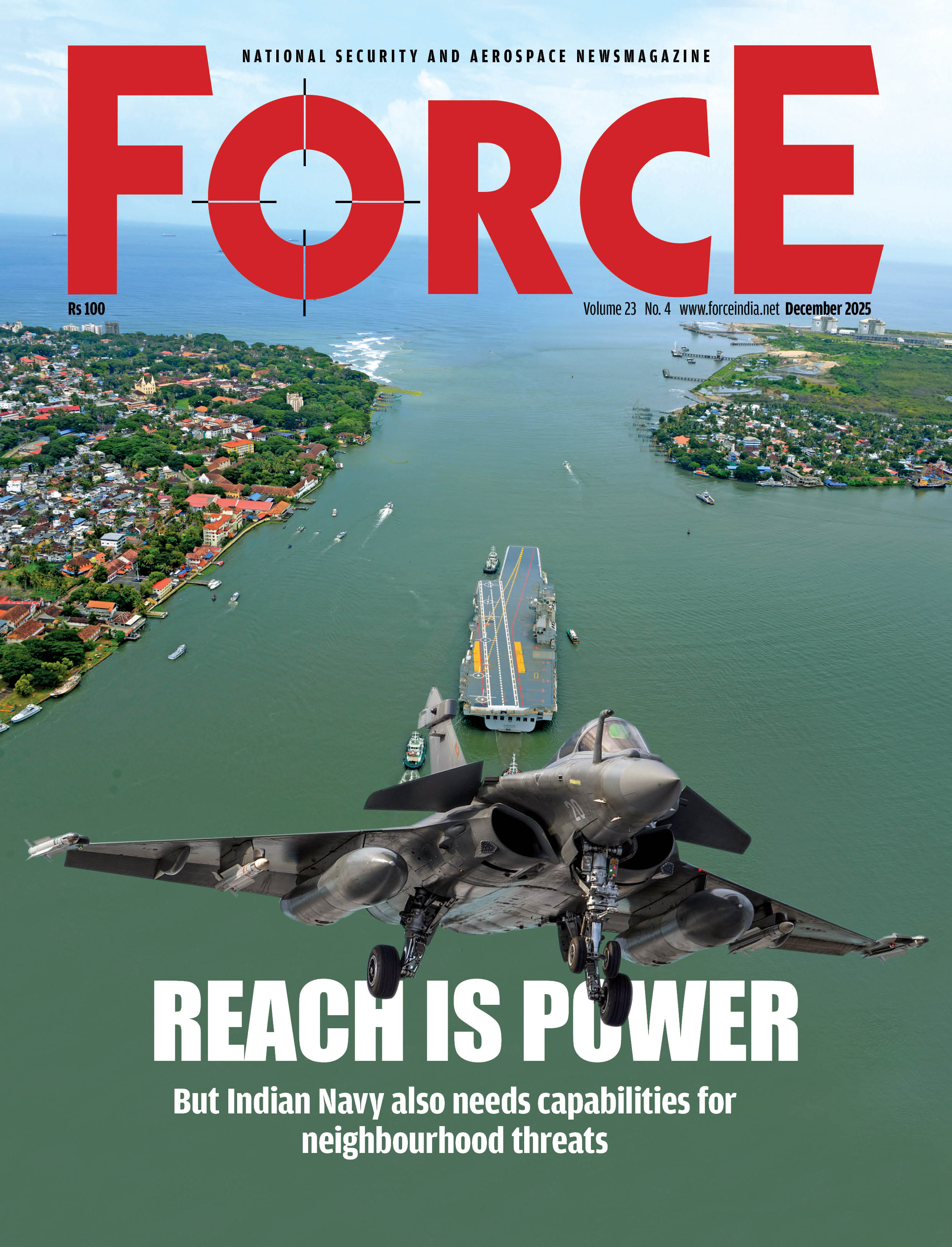Books | After Balakot
 Ajay Bisaria
Ajay Bisaria
At around midnight I got a call in Delhi from Pakistani high commissioner Sohail Mahmood, now in Islamabad, who said that PM Imran Khan was keen to talk to Prime Minister Modi. I checked upstairs and responded that our prime minister was not available at this hour but in case Imran Khan had any urgent message to convey he could, of course, convey it to me. I got no call back that night.
The US and UK envoys in Delhi got back overnight to India’s foreign secretary to claim that Pakistan was now ready to de-escalate the situation, to act on India’s dossier, and to seriously address the issue of terrorism. Pakistan’s PM would himself make these announcements and the pilot would be returned to India the next day. India’s coercive diplomacy had been effective, India’s expectations of Pakistan and of the world had been clear, backed by a credible resolve to escalate the crisis. Prime Minister Modi would later say in a campaign speech that, ‘Fortunately, Pakistan announced that the pilot would be sent back to India. Else, it would have bee
Subscribe To Force
Fuel Fearless Journalism with Your Yearly Subscription
SUBSCRIBE NOW
We don’t tell you how to do your job…
But we put the environment in which you do your job in perspective, so that when you step out you do so with the complete picture.







